The 2030 Agenda for Sustainable Development is a global framework adopted by all United Nations Member States in 2015 (United Nations, 2015), aimed at achieving peace and prosperity for people and the planet by the year 2030. It is centred around 17 Sustainable Development Goals (SDGs) (United Nations, 2023), which address the world’s most pressing challenges, including poverty, inequality, climate change, environmental degradation, peace, and justice. The Agenda is universal, inclusive, and calls for action by all countries — developed and developing — in a global partnership. It emphasizes that the SDGs are integrated and indivisible, highlighting the balance between economic growth, social inclusion, and environmental protection. The implementation of the Agenda requires national ownership, global partnership, and the engagement of all stakeholders, including governments, the private sector, civil society, and individuals, to ensure no one is left behind.
As part of the research on the impacts of Urban Air Mobility (UAM) on citizens’ quality of life, the MUSE project reviewed the relationship between UAM and the UN sustainable development goals. Considering the SDGs’ relation to social and environmental consequences of multiple trends, they are closely linked to the MUSE objectives. These goals, and associated indicators, have been a key input for the development of the MUSE Environmental and Social Performance Framework, which will be published in the upcoming months.

Indeed, the integration of UAM into urban transportation systems has the potential to significantly influence the achievement of several of the United Nations Sustainable Development Goals. Operating Unmanned Aerial Vehicles (UAVs) within the framework of UAM can have specific impacts on many SDGs, and in particular:
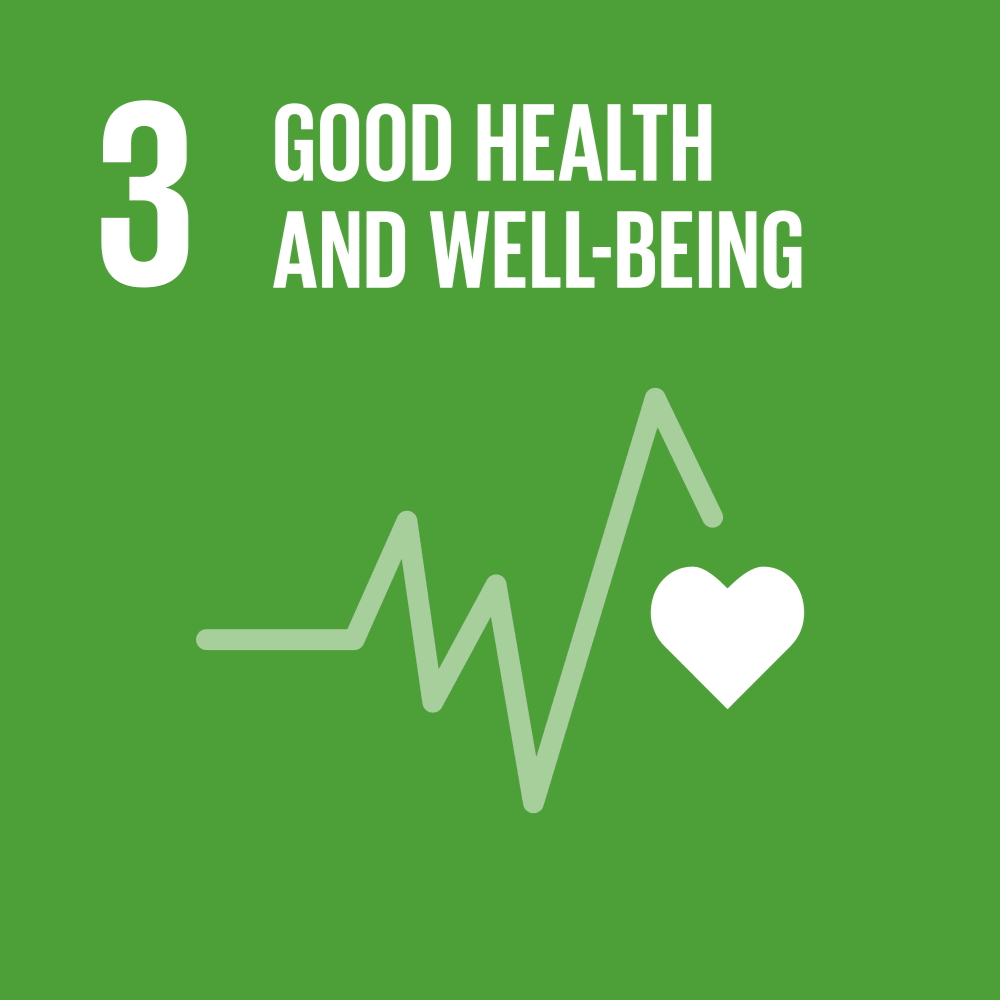 Positive Impact: Drones can be used for rapid delivery of medical supplies, vaccines, and blood transfusions to remote or hard-to-reach areas, improving access to health services and emergency care.
Positive Impact: Drones can be used for rapid delivery of medical supplies, vaccines, and blood transfusions to remote or hard-to-reach areas, improving access to health services and emergency care.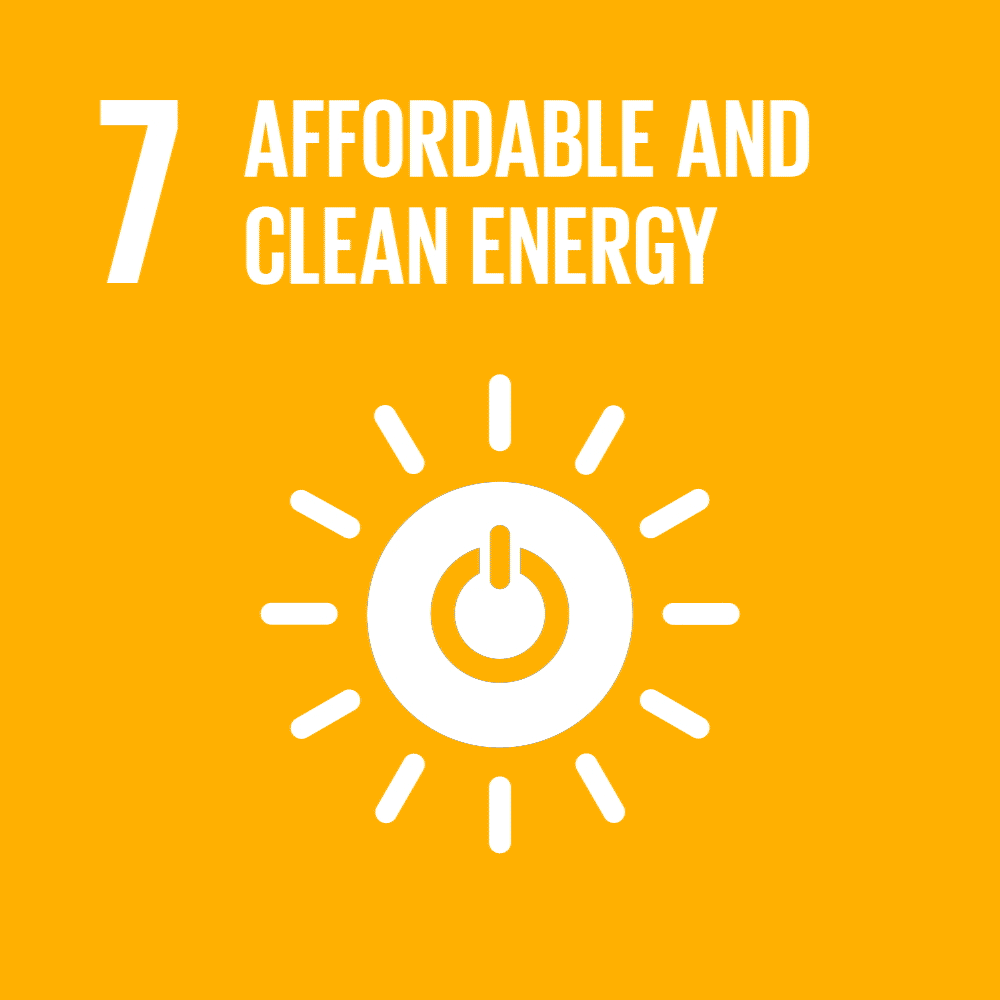 Positive Impact: The development of electric-powered drones contributes to the reduction in greenhouse gas emissions associated with traditional fossil fuel-based transportation methods.
Positive Impact: The development of electric-powered drones contributes to the reduction in greenhouse gas emissions associated with traditional fossil fuel-based transportation methods.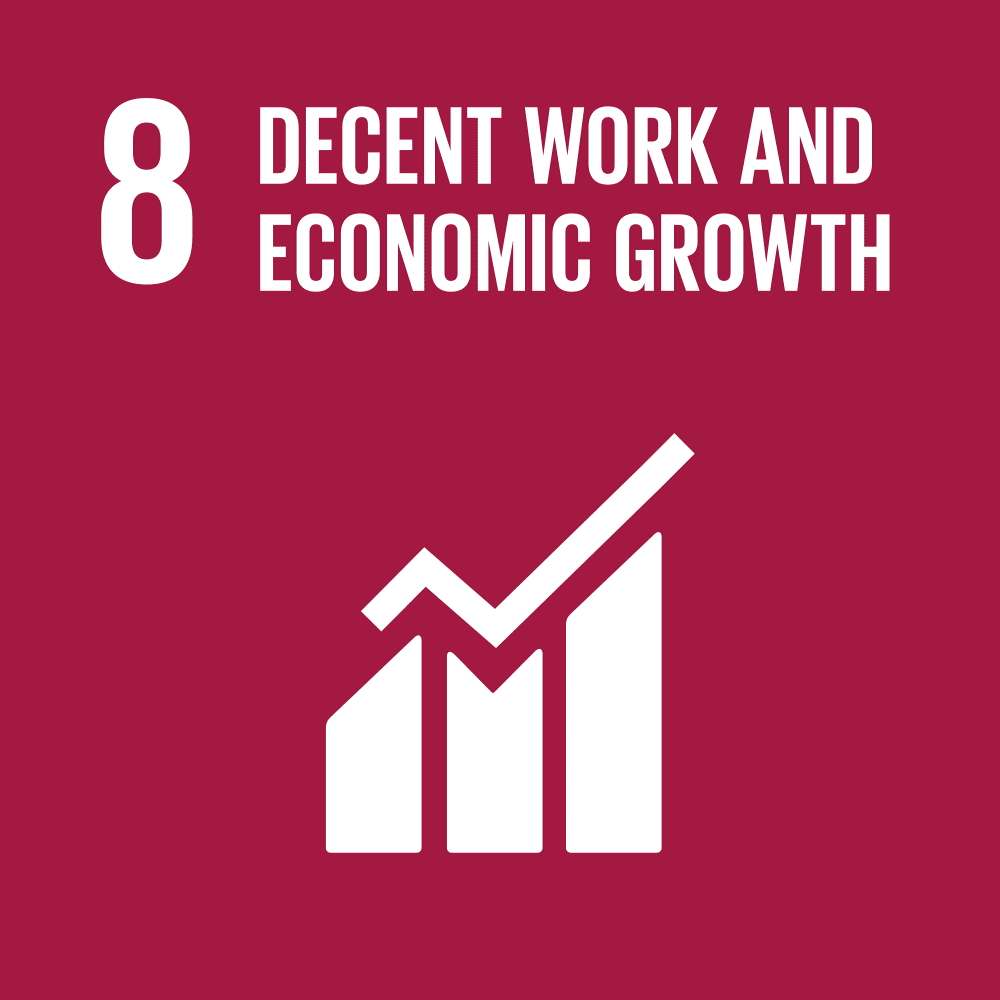 Mixed Impact: UAM can disrupt existing jobs in traditional transportation industries, but it may also create new jobs in technology, manufacturing, and service sectors.
Mixed Impact: UAM can disrupt existing jobs in traditional transportation industries, but it may also create new jobs in technology, manufacturing, and service sectors.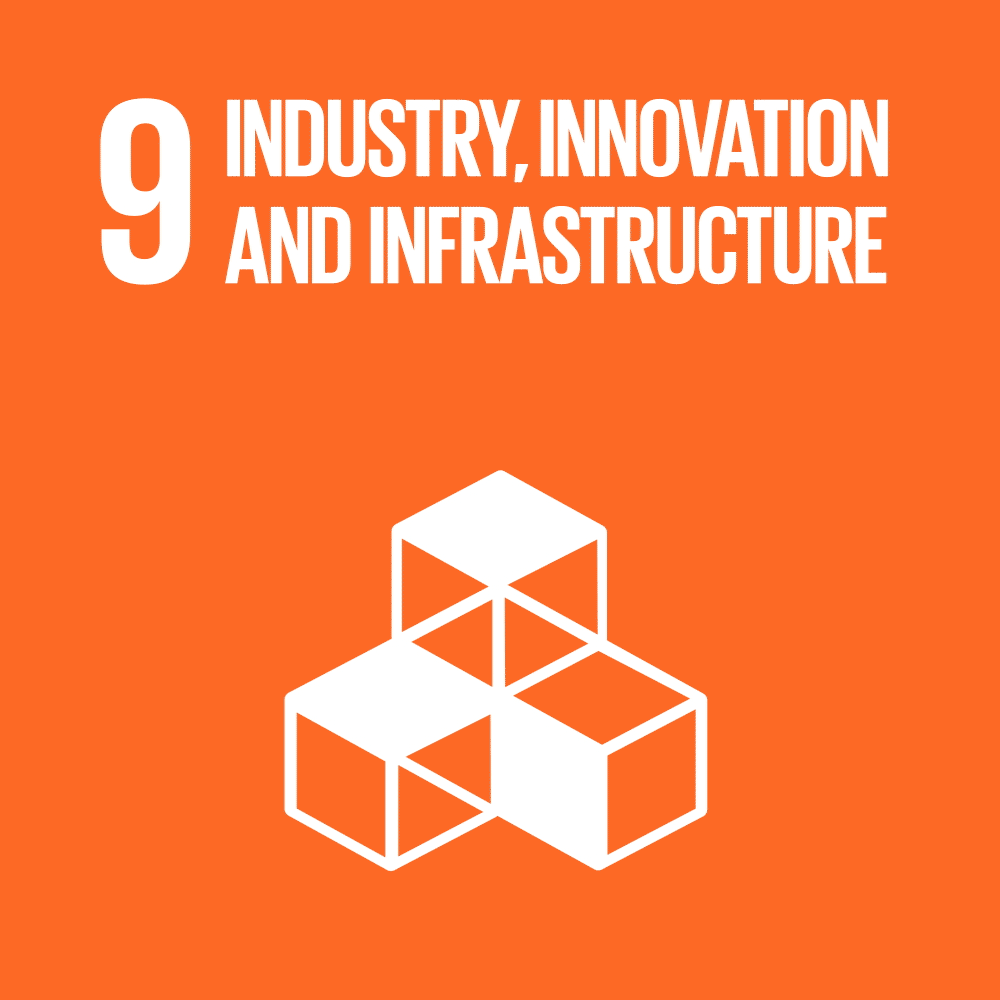 Positive Impact: UAM represents a significant innovation in transportation technology, potentially leading to advancements in infrastructure that accommodate air mobility solutions, such as vertiports and eVTOL landing pads.
Positive Impact: UAM represents a significant innovation in transportation technology, potentially leading to advancements in infrastructure that accommodate air mobility solutions, such as vertiports and eVTOL landing pads.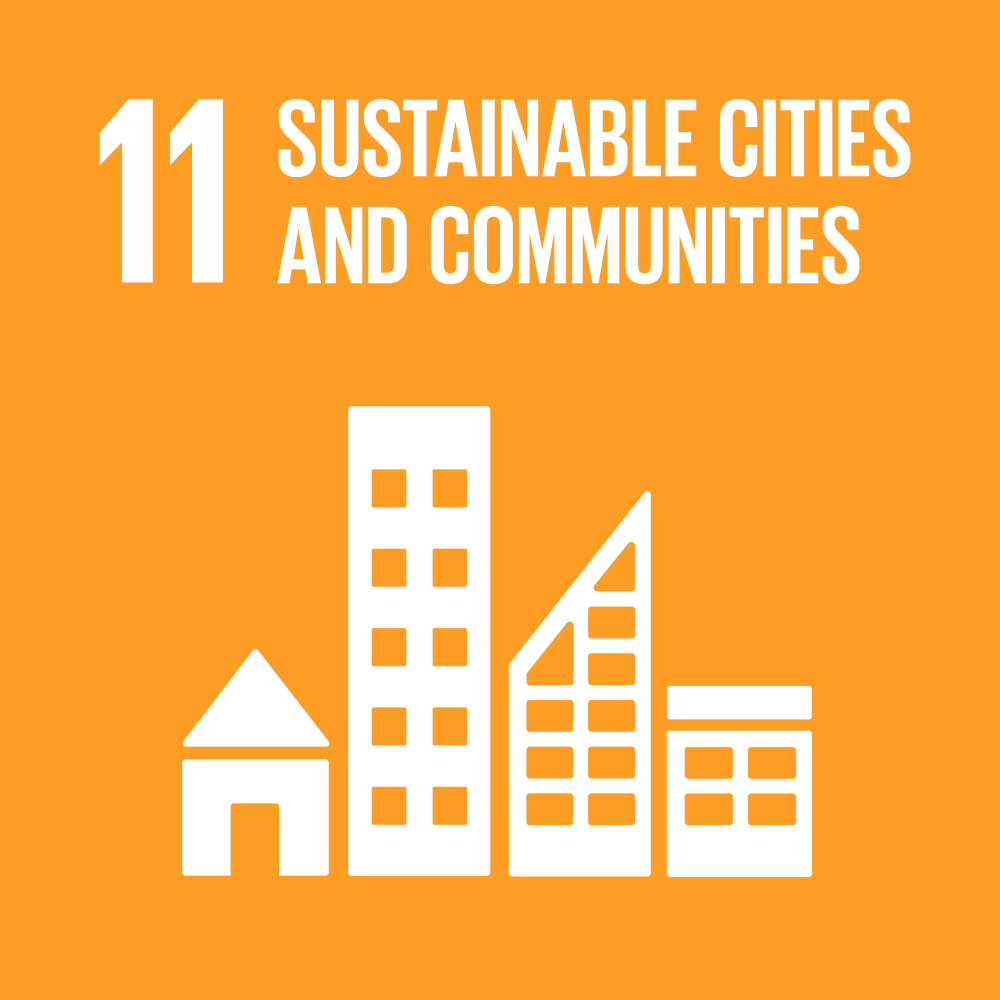 Mixed Impact: While the introduction of drones and eVTOLs into urban areas raises concerns about noise, privacy, and safety, UAM can also reduce congestion on urban roads and contribute to more efficient transportation systems. Thoughtful regulation and urban planning are required to ensure that UAM contributes positively to the sustainability of cities.
Mixed Impact: While the introduction of drones and eVTOLs into urban areas raises concerns about noise, privacy, and safety, UAM can also reduce congestion on urban roads and contribute to more efficient transportation systems. Thoughtful regulation and urban planning are required to ensure that UAM contributes positively to the sustainability of cities.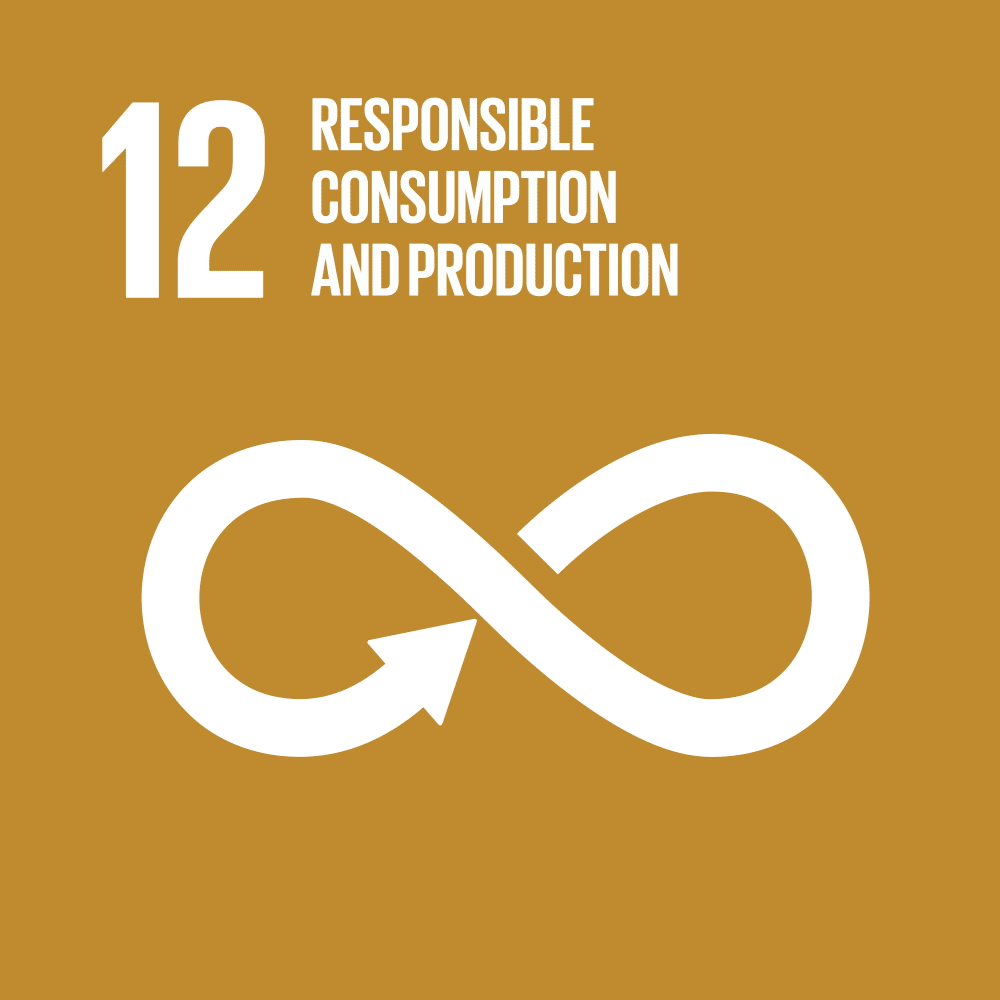 Positive Impact: Drones can make supply chains more efficient by improving inventory methods in warehouses and by lowering transport times, contributing to more sustainable production patterns.
Positive Impact: Drones can make supply chains more efficient by improving inventory methods in warehouses and by lowering transport times, contributing to more sustainable production patterns.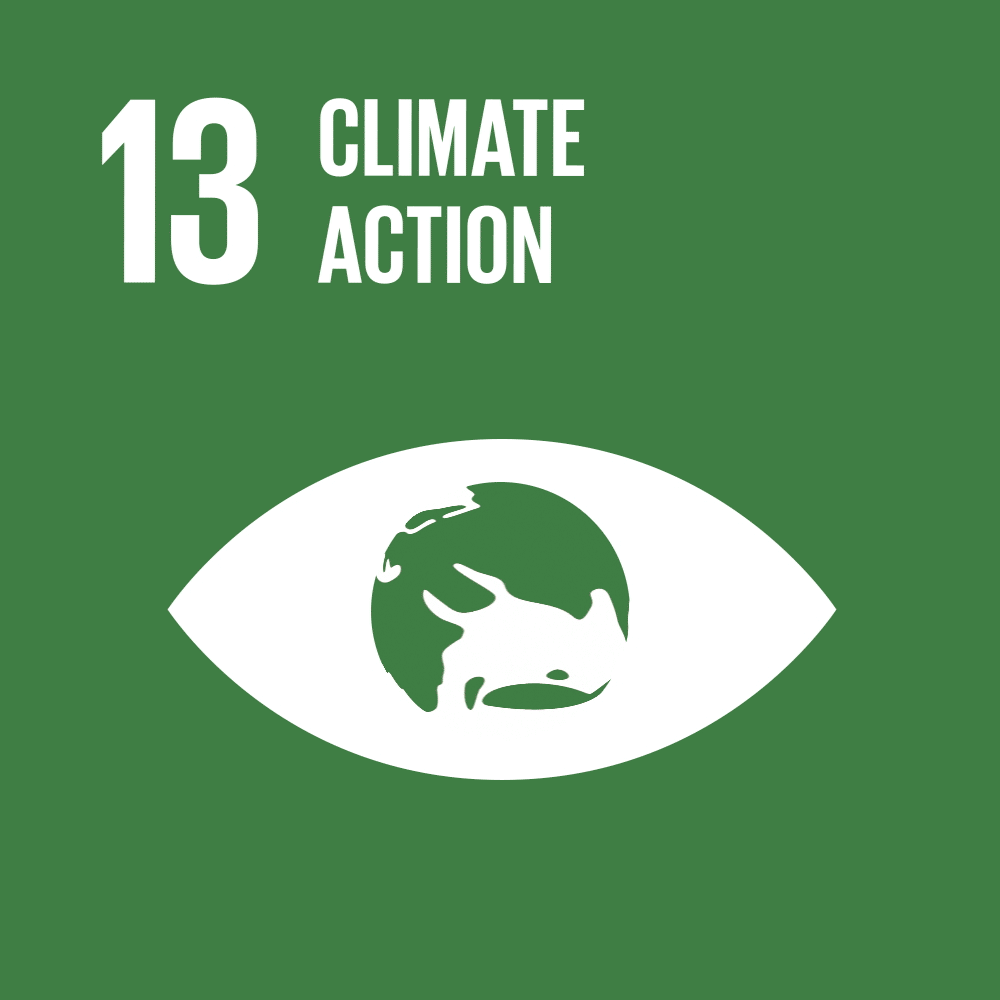 Positive Impact: By providing a cleaner alternative to ground-based transportation, especially if powered by renewable energy, drones can contribute to efforts to combat climate change.
Positive Impact: By providing a cleaner alternative to ground-based transportation, especially if powered by renewable energy, drones can contribute to efforts to combat climate change.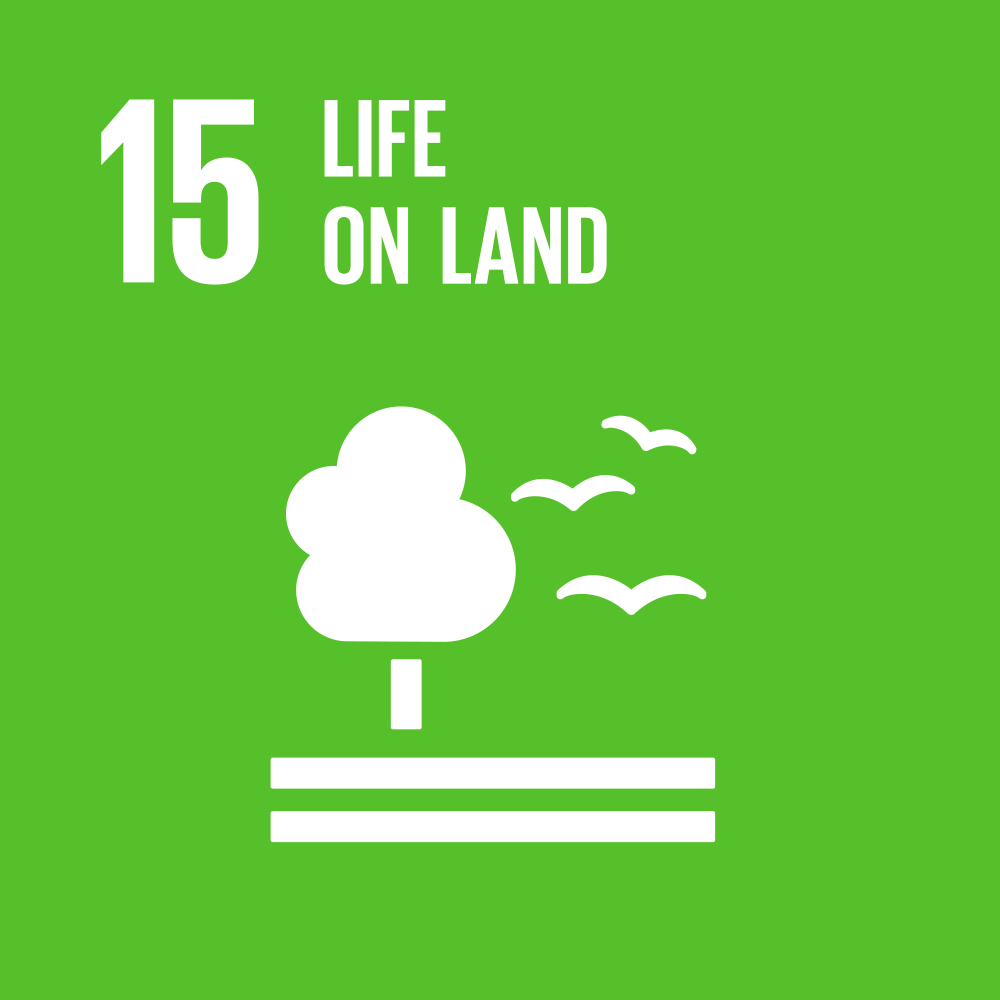 Mixed Impact: Drones’ deployment needs to be managed carefully to avoid disturbing wildlife, but drones are also used in wildlife monitoring and anti-poaching efforts, contributing to biodiversity.
Mixed Impact: Drones’ deployment needs to be managed carefully to avoid disturbing wildlife, but drones are also used in wildlife monitoring and anti-poaching efforts, contributing to biodiversity.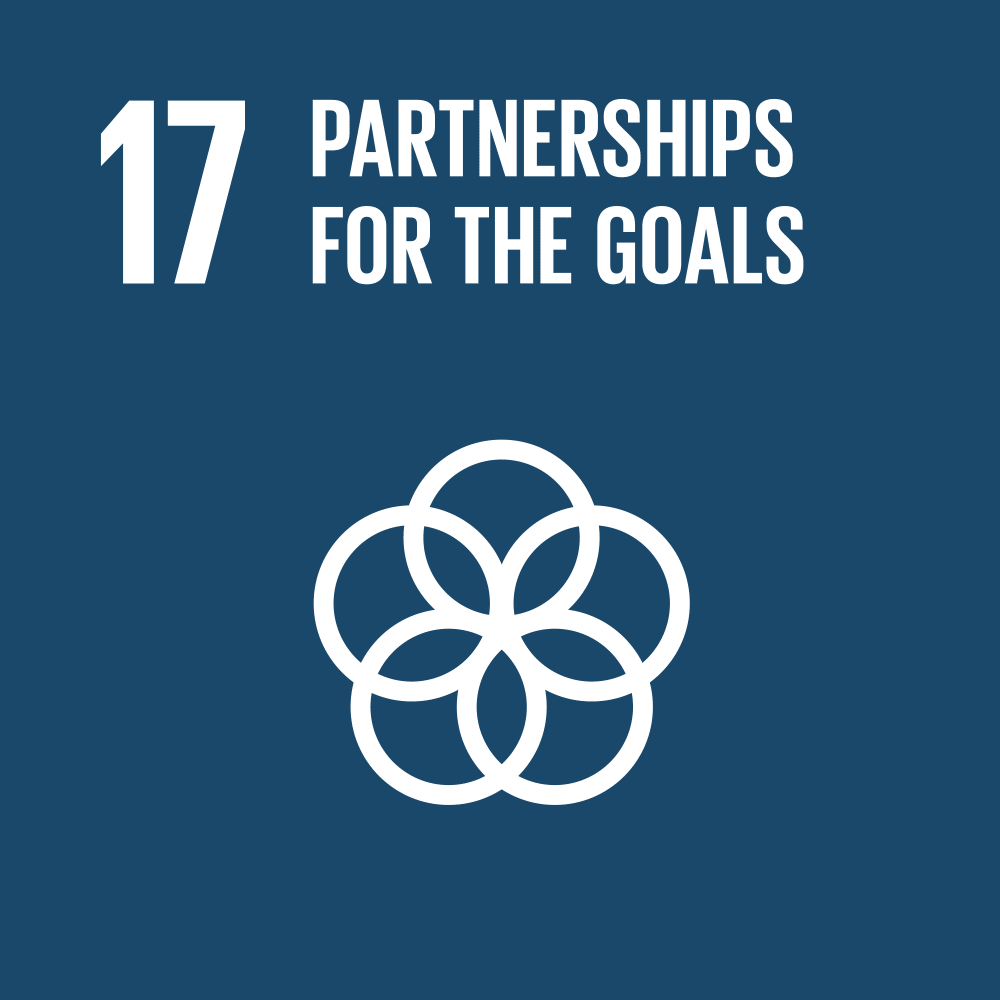 Positive Impact: The development and integration of UAM solutions involves partnerships between governments, industries, and civil society, fostering collaboration towards achieving the SDGs.
Positive Impact: The development and integration of UAM solutions involves partnerships between governments, industries, and civil society, fostering collaboration towards achieving the SDGs.
For UAM and drone operations to positively affect the SDGs, several considerations must be taken into account:
To summarize, the extent to which UAM will contribute to achieving the SDGs depends on the policies, technologies, and practices that are developed as this sector evolves.
In addition to the UAM impact in general, the MUSE project aims at having a positive impact on several of the Sustainable Development Goals as follows:
From an economic and technological point of view, the results of MUSE open the door to the development of innovative products and services. The proposed U-space service for the optimisation of the social and environmental impact of UAM operations is the clearest example, but the technologies developed by MUSE can also enable other products and services, such as (i) new U-space simulation tools based on the developed trajectory generation tools; (ii) new tools for modelling noise propagation in urban areas; or (iii) new population mapping tools, applicable to risk analysis studies of UAM operations.
It should be noted that the applicability of many of these technologies goes beyond the aviation domain and generates business opportunities in other sectors (e.g. population exposure tools are of interest for a wide range of problems, from air quality to the spread of diseases). Finally, the results of MUSE will increase the social acceptance of UAM, which in turn will contribute to fostering the drone economy and industry.
Stay updated on MUSE’s latest developments and activities by following us on social media. LinkedIn – Twitter
References
[1] United Nations (2015). Transforming our World: The 2030 Agenda for Sustainable Development.
[2] United Nations (2023). United Nations – Department of Economic and Social Affairs, The Sustainable development Goals Report 2023: Special Edition.
We are excited to announce the upcoming MUSE project’s 1st Stakeholder Workshop, set to take place on 23 November in beautiful Luxembourg. This pivotal event will be hosted at EUROCONTROL’s Luxembourg facilities. Participation is free of charge!
In a noteworthy alignment, the MUSE workshop coincides with the final masterclass of the AiRMOUR project: Role of European cities in the context of Advanced Air Mobility. LuxMobility in partnership with EUROCONTOL will hold a 1.5-day masterclass to bring together learners on the AiRMOUR training curriculum and interested stakeholders to build their knowledge on the topic of Urban air Mobility use cases focusing on European cities. The synergy between the MUSE and AiRMOUR projects amplifies the potential for groundbreaking insights and solutions within the realm of UAM. The MUSE two-hour workshop is not just about discussion; it’s about driving actionable results. Participants will have the unique opportunity to engage with multiple project partners of MUSE and with other UAM professionals, exchanging ideas and experiences that will shape the future of U-Space. During the first MUSE workshop, participants will find themselves at the heart of a transformative experience. They will not merely observe or listen passively; they will actively drive change. What sets this workshop apart is the chance it provides for attendees to connect with diverse partners of both MUSE and AiRMOUR. These partners, comprising experts, innovators, and thought leaders in the field, are the architects of UAM’s future.
The primary objective of the workshop is to enrich and validate the results of a comprehensive review of previous and ongoing studies, as well as insights from existing surveys and focus group discussions. Our aim is clear: to identify the most relevant impacts of UAM on citizens’ quality of life. The MUSE project partners recognize that the impacts of UAM are multifaceted. They encompass noise-related concerns, visual pollution, and many other aspects. This workshop will play a crucial role in helping us classify these impacts according to their nature.

Among the invited stakeholders will be members of the SESAR community, leading ATM experts, aviation authorities with a vested interest in UAM, drone manufacturers and operators shaping the industry’s future, forward-thinking delivery companies, policymakers crafting the regulatory landscape, local authorities and urban planners moulding the cities of tomorrow, citizen associations representing the voice of communities, health officers keen on the well-being of urban dwellers, environmental health specialists advocating for a sustainable future, sociologists and psychologists contributing valuable insights into the societal aspect, and academia, offering a wealth of research and innovation.
Each attendee holds a vital role in advancing the UAM mission. This workshop’s guest list has been meticulously constructed to ensure that the right voices are in the room, ready to collaborate and forge pathways to a brighter UAM future. This exclusive event will be a catalyst for transformation, and it’s the collective wisdom and influence of these individuals that will drive UAM to new heights. The MUSE partners are honoured to invite these essential stakeholders to the table, where the future of urban air mobility will be shaped. If you identify with one of the categories above, you ARE on this guest list!

We cannot wait to be in Luxembourg on 23 November, where together, we will set the foundation of shaping the future of urban air mobility for the benefit of citizens.
Keep an eye on our website for updates as we get closer to the date. We look forward to organising this workshop in Luxembourg for what promises to be an inspiring and collaborative event.

The MUSE project (Measuring U-Space Social and Environmental Impact) is eager to engage with experts, industry leaders, and the public at two upcoming events. These events provide a unique opportunity to learn more about our groundbreaking work in assessing the impact of UAM (Urban Air Mobility) operations on European cities’ livability and quality of life.
Join us at the Tomorrow Mobility World Congress in Barcelona, where we will be showcasing our innovative approaches to understanding the societal and environmental impact of UAM operations. This event is a gathering of industry executives, government leaders, and global experts addressing critical transportation challenges. MUSE’s presence at the congress offers a fantastic opportunity to connect with our team and gain valuable insights into the future of urban air mobility.
The SESAR Innovation Days 2023, hosted by the University of Seville at the Faculty of Engineering, is a prominent event in the aviation and air traffic management domain. MUSE is actively participating in this event, presenting our innovative methods and tools for assessing UAM’s impact on cities. This is your chance to engage with us, learn about our research, and discuss the future of U-Space environmental and social impact assessment.
The MUSE project is dedicated to addressing the critical challenges posed by UAM operations while fostering sustainability and improving the quality of life in European cities. We invite you to join us at these events and be a part of our mission to shape the future of urban air mobility.
Stay updated on MUSE’s latest developments and activities by following us on all social media. LinkedIn – Twitter
For inquiries and further information, please reach out to:
Project Coordinator – Miguel Baena miguel.baena@nommon.es
Dissemination Manager – Manon Coyne mcoyne@polisnetwork.eu
We are excited to announce the official launch of the website for the MUSE project – “Measuring U-Space Social and Environmental Impact.” MUSE is an ambitious initiative aimed at revolutionizing our understanding of the impact of Urban Air Mobility (UAM) operations on the quality of life in European cities, with a special focus on addressing issues like drone-generated noise and visual pollution.
The overarching goal of MUSE is to develop a comprehensive set of key performance indicators, methods, and tools for assessing the societal and environmental impact of UAM operations. These indicators will capture the full spectrum of UAM’s effects on citizens’ quality of life, considering factors like geography, time, demographics, socioeconomic status, and behavior. The project’s specific objectives include:
Defining Social and Environmental KPIs: MUSE aims to define a set of U-Space social and environmental Key Performance Indicators (KPIs) capable of offering high-resolution insights into UAM’s impact on citizens’ daily lives.
Developing Innovative Measurement Tools: The project will develop cutting-edge methods and tools for accurately measuring and forecasting the proposed KPIs. This toolkit will enable 4D drone trajectory generation in urban areas, modeling of UAM noise and visual footprints, high-resolution dynamic population mapping, and calculation of population exposure indicators based on various parameters.
Case Studies: MUSE will demonstrate and evaluate the capabilities of its newly developed methods and tools through the application to a series of case studies in European cities.
Creating Future Solutions: As a forward-looking initiative, MUSE will lay the groundwork for future advancements in U-Space services by outlining the MUSE U-Space Environmental and Social Impact Assessment Framework, designed to optimize the social and environmental performance of UAM operations.
Within just a few months since its inception, the MUSE project has made significant progress. We are proud to announce the successful submission of two key deliverables to the European Commission and the SESAR 3 Joint Undertaking:
Communication and Dissemination Strategy: This document outlines our approach to effectively communicate the project’s objectives, progress, and results to a wide audience.
Data Management Plan: The Data Management Plan establishes guidelines for the collection, storage, and sharing of project data, ensuring transparency and accessibility.
We are excited about the journey ahead and the potential for MUSE to shape the future of UAM operations. Stay tuned for updates and insights as we work toward a more sustainable and livable urban environment.
For more information and to stay updated on our progress, please visit our website, which will be live this Friday. We look forward to engaging with stakeholders, experts, and the public as we embark on this transformative journey. Together, we can create a brighter, more sustainable future for urban air mobility.